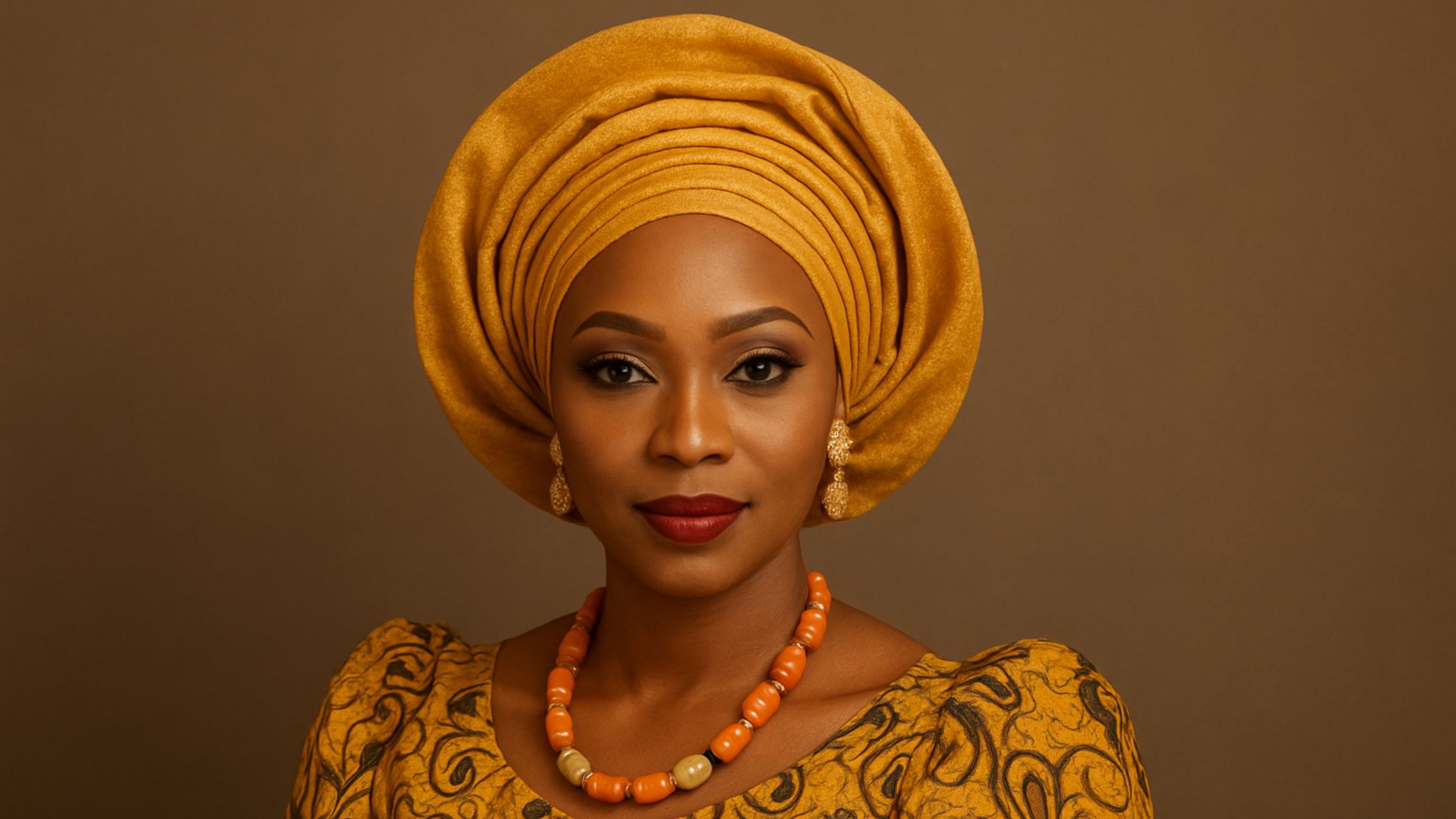Nigeria has long stood as a powerhouse of African literature, producing some of the most influential writers the world has ever known. From the mid-20th century, authors like Chinua Achebe first challenged Western narratives about Africa, and contemporary voices like Chimamanda Ngozi Adichie who continue to dominate global bestseller lists, Nigerian literature has consistently captured the complexities of identity, culture, and history.
What makes Nigerian writing so remarkable is its breadth and depth. It is at once historical and modern, personal and political, local and global. Through themes of colonialism, tradition, love, conflict, resilience, and the pursuit of selfhood, Nigerian authors have built bridges between Africa and the wider world, inviting readers everywhere to see life through uniquely Nigerian lenses.
If you want to begin exploring Nigerian literature, this curated list of the best five books offers the perfect introduction.
It combines timeless classics that shaped African storytelling with modern masterpieces that mirror today’s realities and diverse cultural experiences.
1. Things Fall Apart by Chinua Achebe
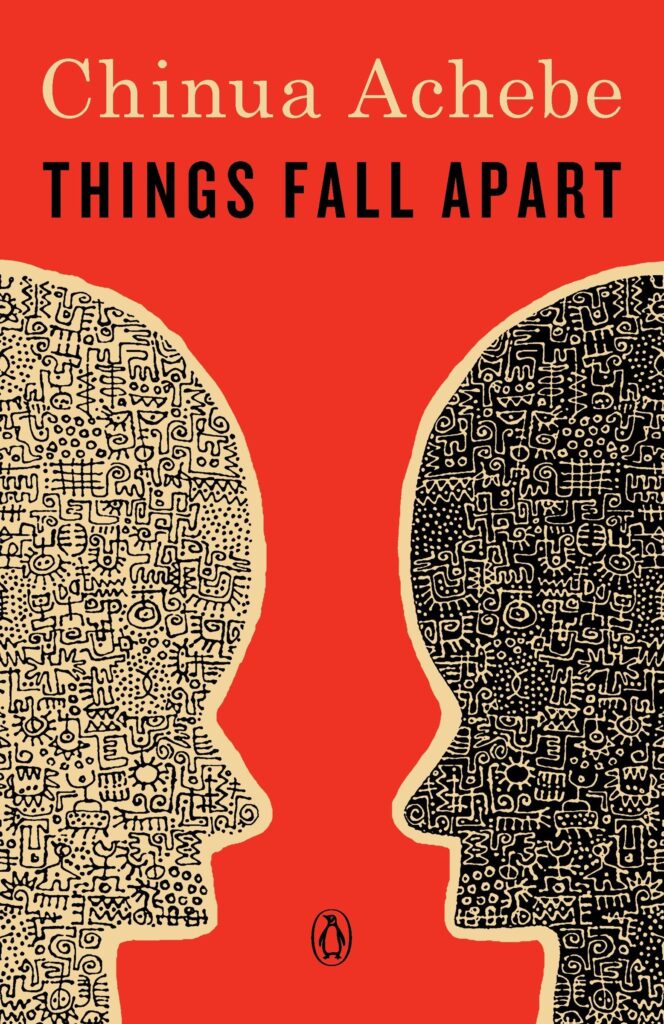
Published in 1958, Things Fall Apart is often regarded as the cornerstone of African literature. The novel tells the story of Okonkwo, a proud and ambitious Igbo leader whose world is turned upside down by the arrival of British colonialists and Christian missionaries. Achebe presents a nuanced exploration of pre-colonial Igbo society, its traditions, and the devastating impact of colonialism
Achebe created a cultural milestone by giving Africans a voice in global literature when outsiders largely told their stories. His novel Things Fall Apart, translated into over 50 languages and still taught worldwide, remains a must-read for anyone seeking to understand Nigeria and the complexities of postcolonial identity..
2. Half of a Yellow Sun by Chimamanda Ngozi Adichie
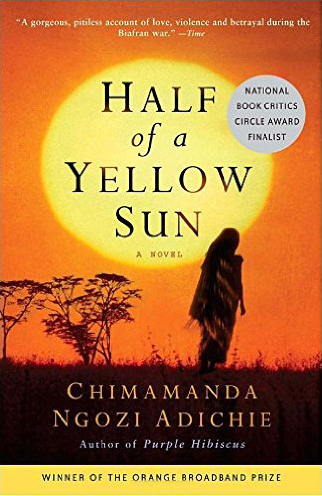
Set during the Nigerian Civil War (1967–1970) Half of a Yellow Sun weaves the lives of three characters: Ugwu, a village boy turned houseboy; Olanna, a wealthy young woman who abandons her privileged life; and Richard, a British writer deeply connected to Nigeria. Through their stories, Adichie portrays love, betrayal, survival, and the enduring scars of war.
Adichie brings history to life in a way that is both deeply personal and universal. The novel highlights the human cost of conflict while examining class, race, and gender dynamics. It won the Orange Prize for Fiction in 2007 and cemented Adichie’s place as one of the most important contemporary voices in global literature
3. The Secret Lives of Baba Segi’s Wives by Lola Shoneyin
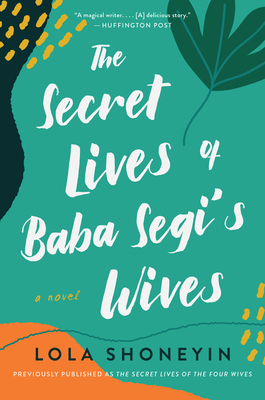
This witty and satirical novel tells the story of Baba Segi, a patriarch with four wives, whose household is thrown into chaos when secrets begin to unravel. Shoneyin delves into issues of polygamy, gender roles, and the societal expectations placed on women in Nigeria. Each wife’s perspective reveals hidden struggles, humor, and resilience
Lola Shoneyin challenges cultural norms while blending humor with sharp social commentary. The book sheds light on the realities of polygamous marriages and the silent strength of women navigating patriarchal structures. It’s a fresh, entertaining, and thought-provoking read that has resonated with both Nigerian and international audiences
Related Content: Classic Books Turned Movies: Should Your Kids Watch or Read First?
4. Stay with Me by Ayọ̀bámi Adébáyọ̀
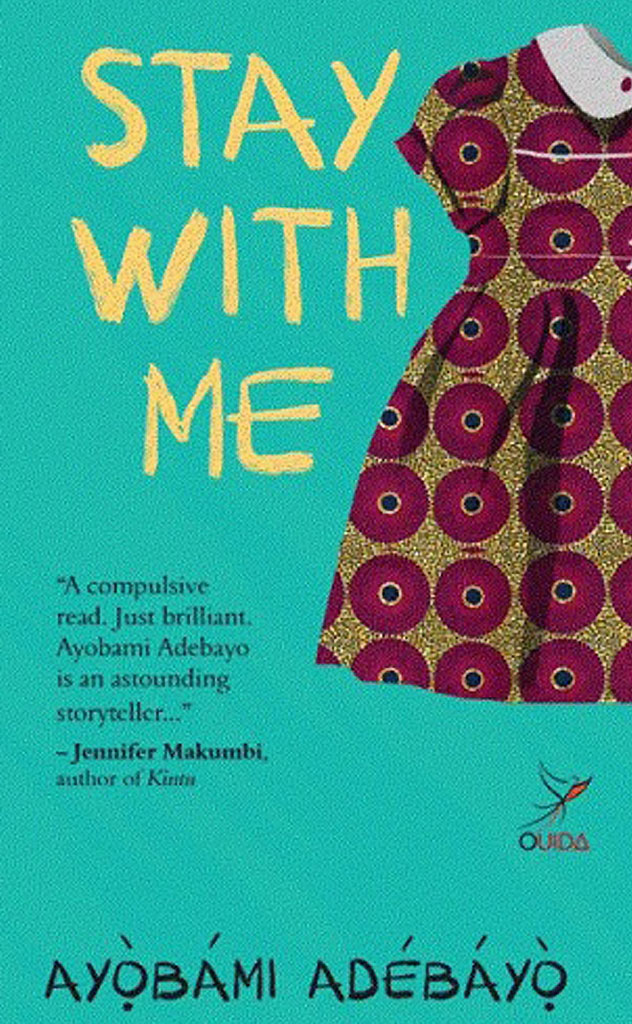
In this emotionally charged novel, we meet Yejide and Akin, a young couple under pressure to have children. When societal and familial pressures push them into desperate decisions, their marriage unravels in unexpected and heartbreaking ways. Against the backdrop of political instability in 1980s and 1990s Nigeria, Adébáyọ̀ explores themes of love, loss, and survival.
Stay with Me captures the intersection of personal struggles and societal expectations in Nigeria. Shortlisted for the Baileys Women’s Prize for Fiction in 2017, the novel is both intimate and universal, shedding light on issues of infertility, gender, and tradition. Ayọ̀bámi Adébáyọ̀’s lyrical storytelling makes it one of the standout Nigerian novels of recent years
5. Born on a Tuesday by Elnathan John
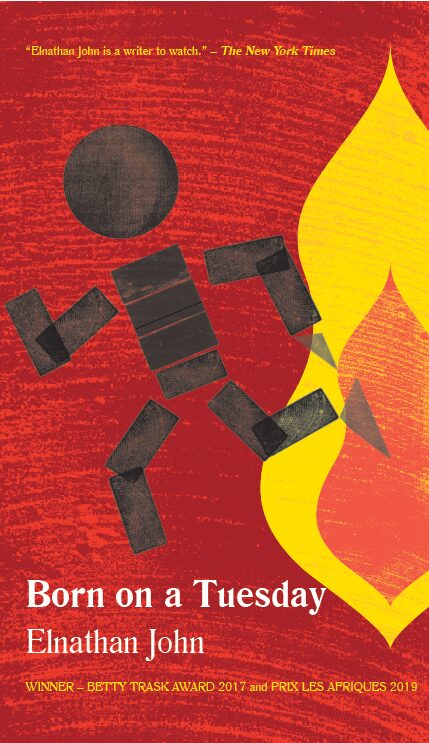
Told through the eyes of Dantala, a young boy navigating life on the streets of northern Nigeria, Born on a Tuesday explores the challenges of poverty, religion, and extremism. The novel paints a raw picture of radicalization, violence, and the quest for identity in a world filled with uncertainty.
Elnathan John’s novel offers a rare and vital perspective from northern Nigeria, a region often underrepresented in literature. With its candid examination of political corruption, religious conflict, and youth disenfranchisement, Born on a Tuesday is both timely and necessary in understanding the complexities of Nigeria today.
Nigerian literature is anchored on identity, history, resilience, and imagination. If you’re a literature enthusiast or a curious reader looking to dive into African writing, these Best 5 Nigerian books are essential starting points. They don’t just tell stories; they carry the weight of culture, history, and human experience, making them unforgettable reads.




